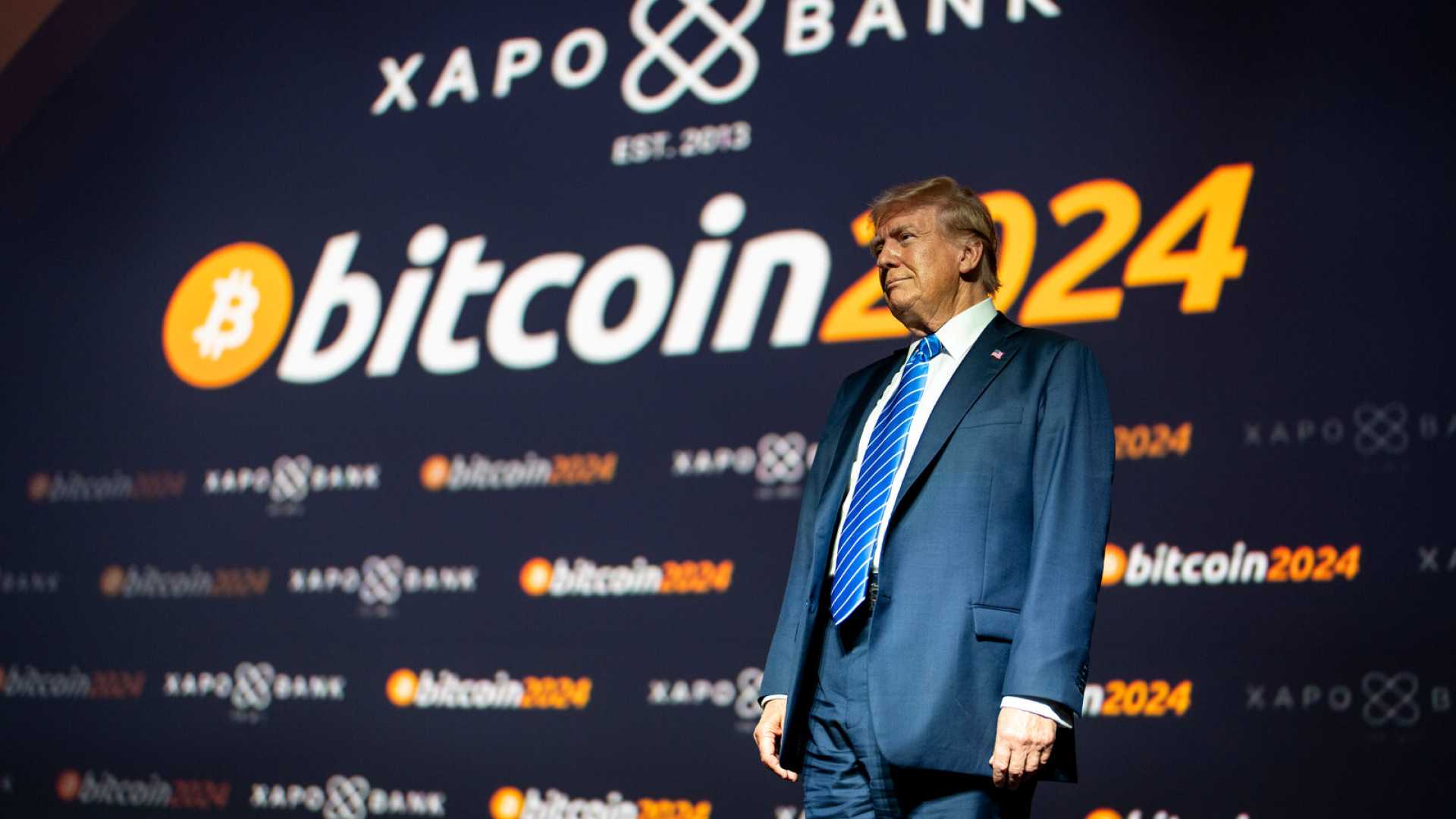Business
Trump’s Second Term Sparks Crypto Policy Shifts Amid High Expectations

WASHINGTON, D.C. — As President Donald Trump‘s second term begins on January 20, 2025, the crypto industry is bracing for significant policy changes. The administration is expected to address key issues such as Operation Chokepoint 2.0, the repeal of SAB 121, and the establishment of a strategic bitcoin reserve using seized assets. These actions, anticipated to be enacted via executive orders, have sparked widespread debate and optimism within the crypto sector.
Operation Chokepoint 2.0, which refers to the debanking of crypto businesses, has been a major concern for the industry. The repeal of SAB 121, a regulation that complicates banks’ ability to hold cryptocurrencies, is also on the agenda. Additionally, the creation of a strategic bitcoin reserve using assets seized by the U.S. government has been a topic of discussion in policy circles for months. Congress has already shown bipartisan support for repealing SAB 121, signaling a potential shift in regulatory attitudes.
Despite the positive momentum, experts caution that 2025 may be more volatile than expected. “The market is anticipating swift, sweeping actions from the Trump administration, but there are larger issues at play,” said a crypto policy analyst. The administration will face competing priorities, including geopolitical tensions and economic challenges, which could delay or dilute crypto-focused initiatives.
The departure of Gary Gensler as head of the Securities and Exchange Commission (SEC) has been welcomed by the crypto community. However, the road to comprehensive and pro-growth regulation remains uncertain. “Gensler was initially seen as pro-crypto, but his tenure proved otherwise,” noted a financial commentator. The Internal Revenue Service (IRS) is also unlikely to ease its pursuit of tax revenues from crypto transactions, adding another layer of complexity for investors.
While the Trump administration has signaled a pro-crypto stance, the pace of regulatory change may frustrate an industry accustomed to rapid innovation. “Policy changes take time, and the crypto sector needs to temper its expectations,” said a blockchain entrepreneur. The creation of a crypto advisory council and other initiatives could face delays as the administration prioritizes pressing global issues.
As the Trump team settles into their roles, the crypto industry remains cautiously optimistic. “2025 could be a pivotal year for crypto, but it won’t be without challenges,” said a policy advocate. The interplay between executive orders, congressional actions, and judicial oversight will shape the future of crypto regulation in the U.S.












